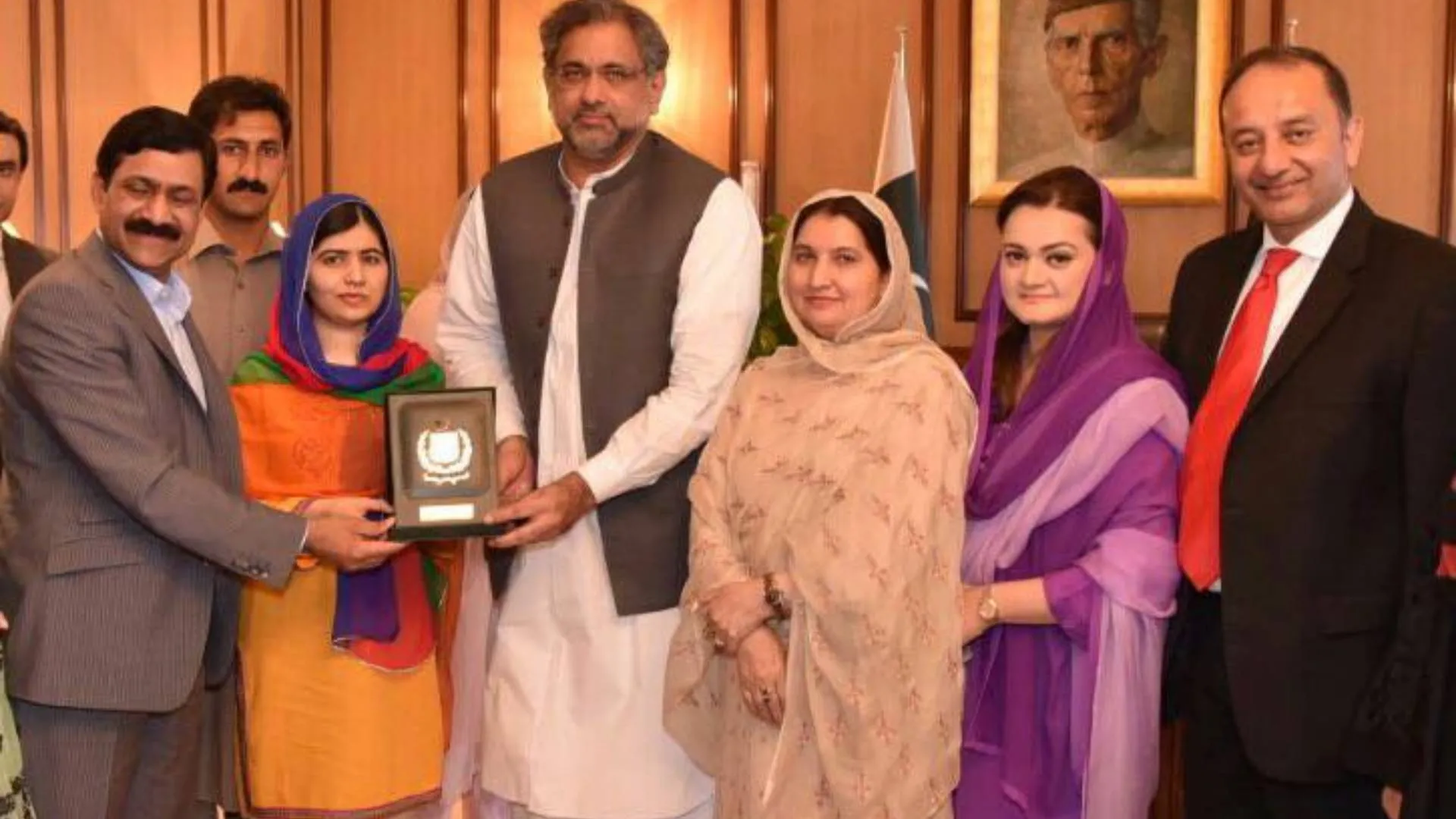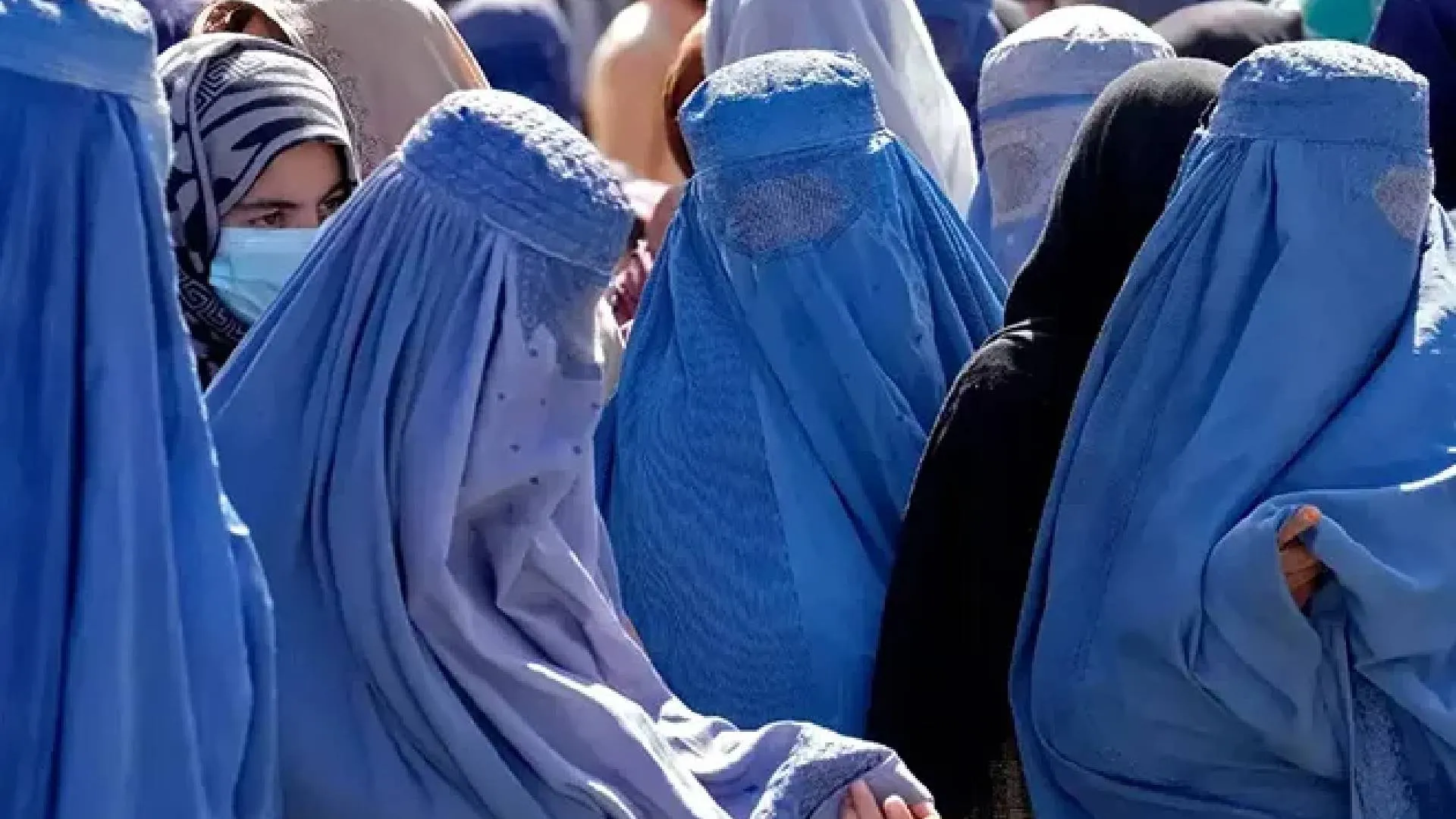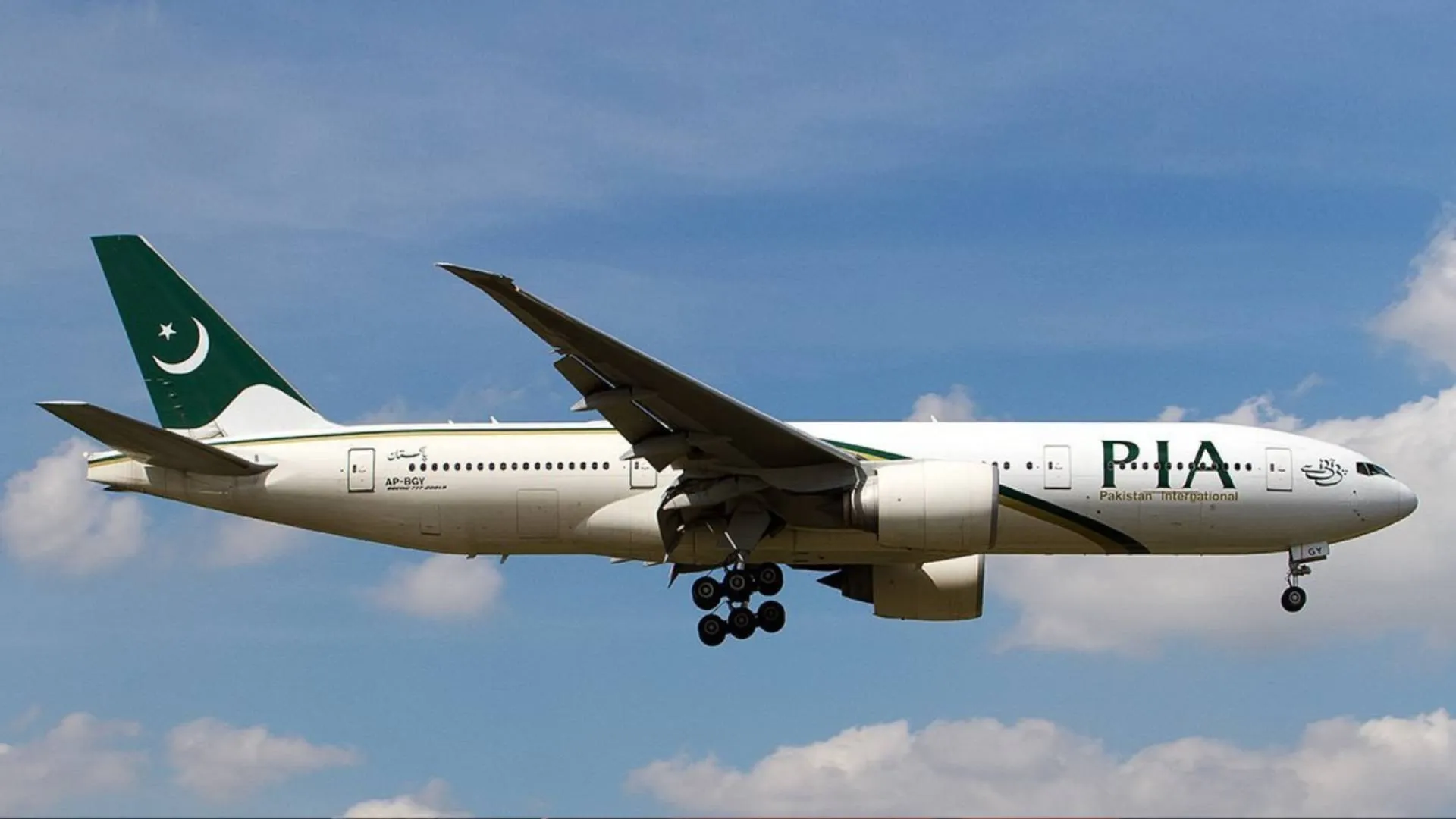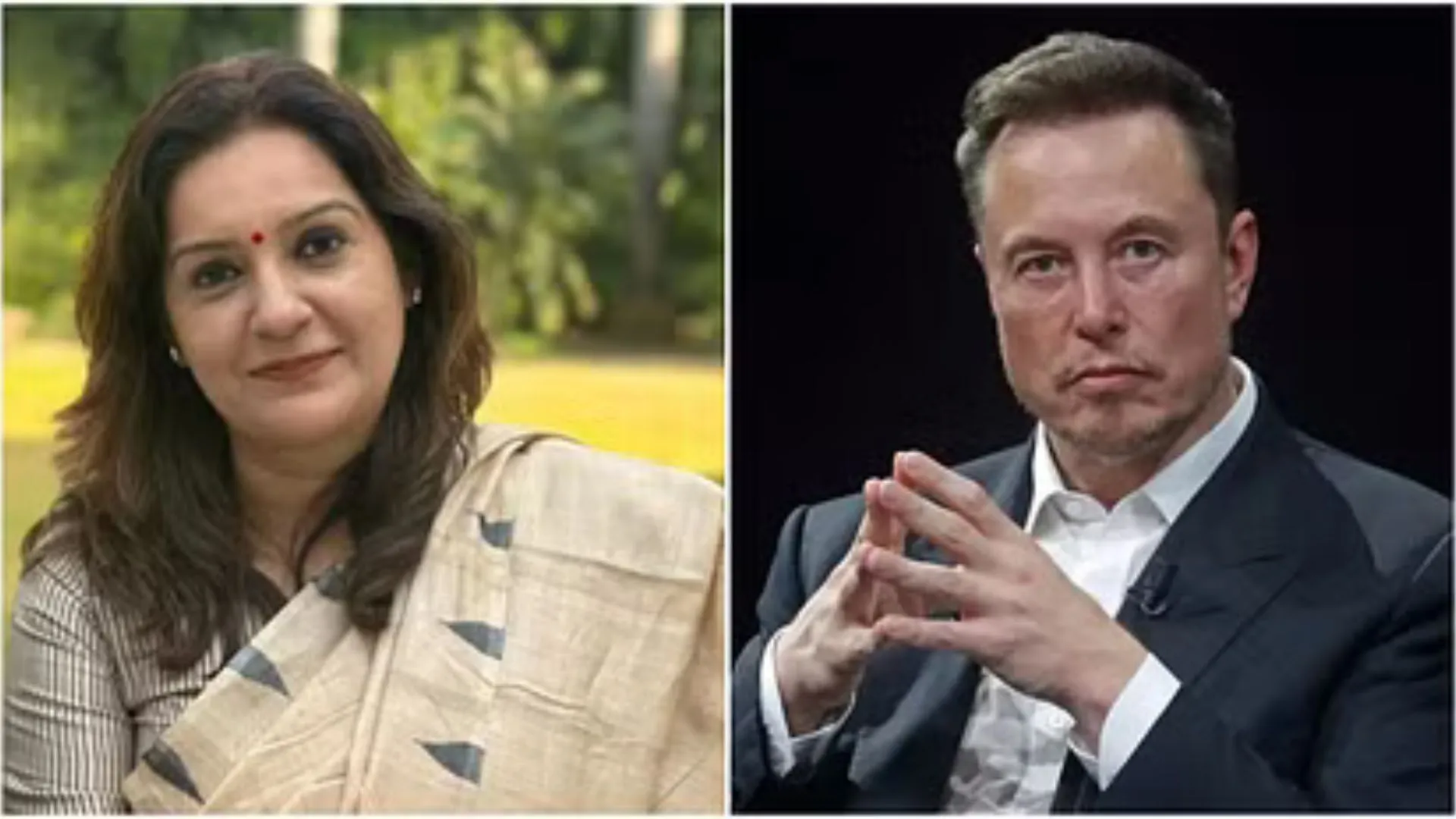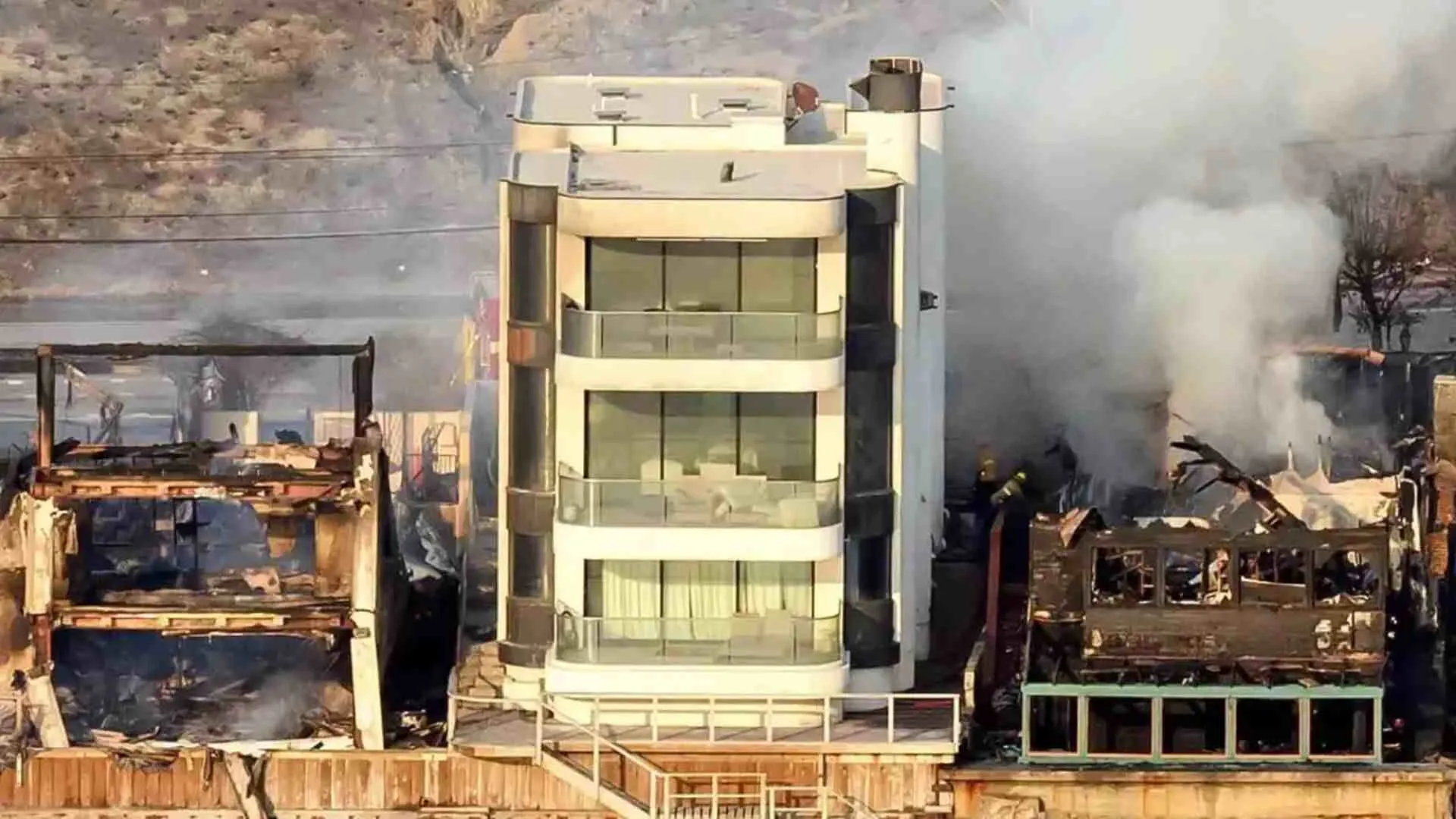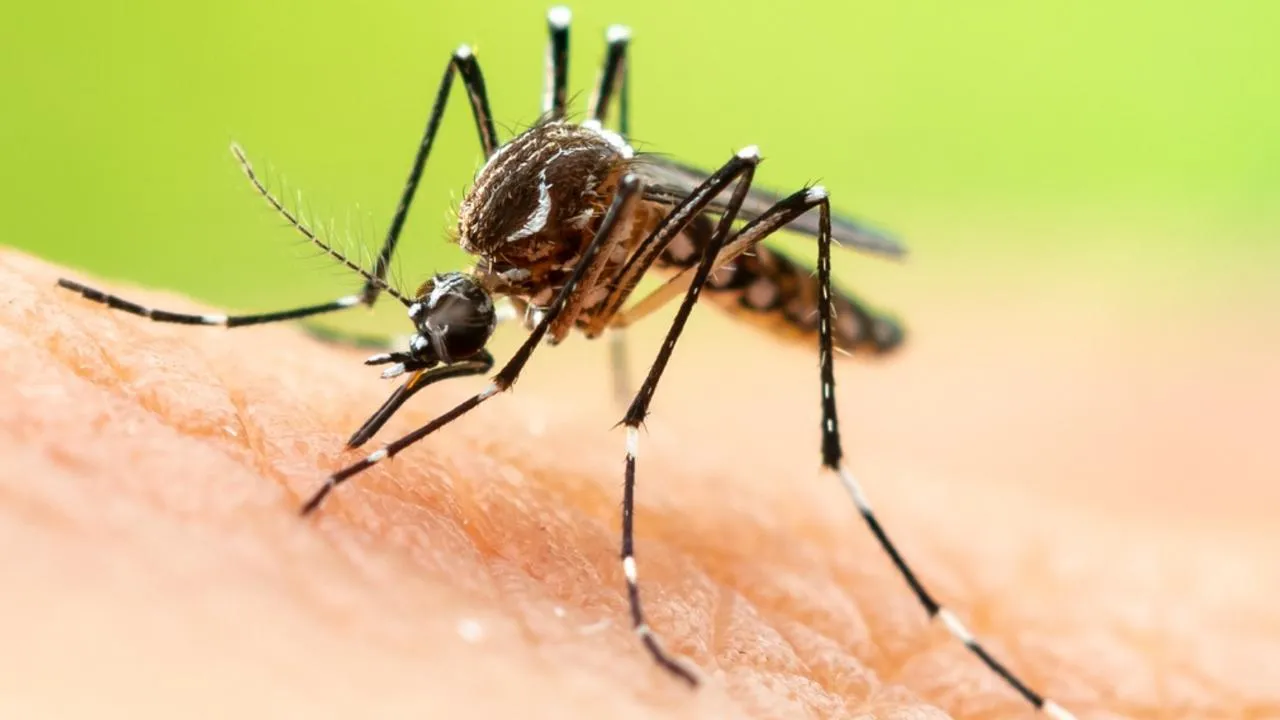Nobel Peace Prize laureate Malala Yousafzai expressed her excitement and honor at returning to Pakistan for a global summit on girls’ education. The 25-year-old activist, shot by Pakistan Taliban militants in 2012 while advocating for girls’ education, attended the summit in Islamabad with her parents. This is only one of her rare visits back to her native country after the traumatic incident.
Malala returned with a message of hope and advocacy for millions of girls who remain out of school. Speaking to AFP, she said, “I’m truly honoured, overwhelmed, and happy to be back in Pakistan.” The summit, which focuses on girls’ education in Muslim-majority countries, brings together representatives from nations where millions of girls are deprived of educational opportunities.
I am excited to join Muslim leaders from around the world for a critical conference on girls’ education. On Sunday, I will speak about protecting rights for all girls to go to school, and why leaders must hold the Taliban accountable for their crimes against Afghan women & girls. https://t.co/g2ymU4lTOw
— Malala Yousafzai (@Malala) January 9, 2025
Focus on Afghanistan’s Education Crisis
One of the summit’s major themes is addressing Afghanistan’s devastating educational crisis. The Taliban in Afghanistan ban girls from attending school and university. As a result, Afghanistan is the only country in the world with such a restriction. As a result, this issue has become the focal point of Malala’s advocacy efforts. She plans to speak on Sunday, and her message will urge leaders to hold the Taliban accountable for their actions against Afghan women and girls.
Malala shared on social media platform X that she will discuss the importance of protecting the right for all girls to access education. She emphasized the need for leaders to take action and ensure that girls’ rights are upheld. She emphasized the need for a global response to the Taliban’s actions, which she deems as crimes against women and girls.
The Education Crisis in Pakistan and Beyond
Pakistan is grappling with an educational crisis, with over 26 million children out of school. This makes it one of the countries with the highest number of out-of-school children globally. Education Minister Khalid Maqbool Siddiqui noted that the summit organizers had invited Afghanistan’s Taliban government. However, there was no response from them.
The summit addressed the challenges faced by girls in rural areas. In many cases, families serve as the primary barrier to their education. Furthermore, Zahra Tariq, a young clinical psychology student, highlighted the struggles of girls in these regions. She also emphasized the urgent need for initiatives to support their education.

